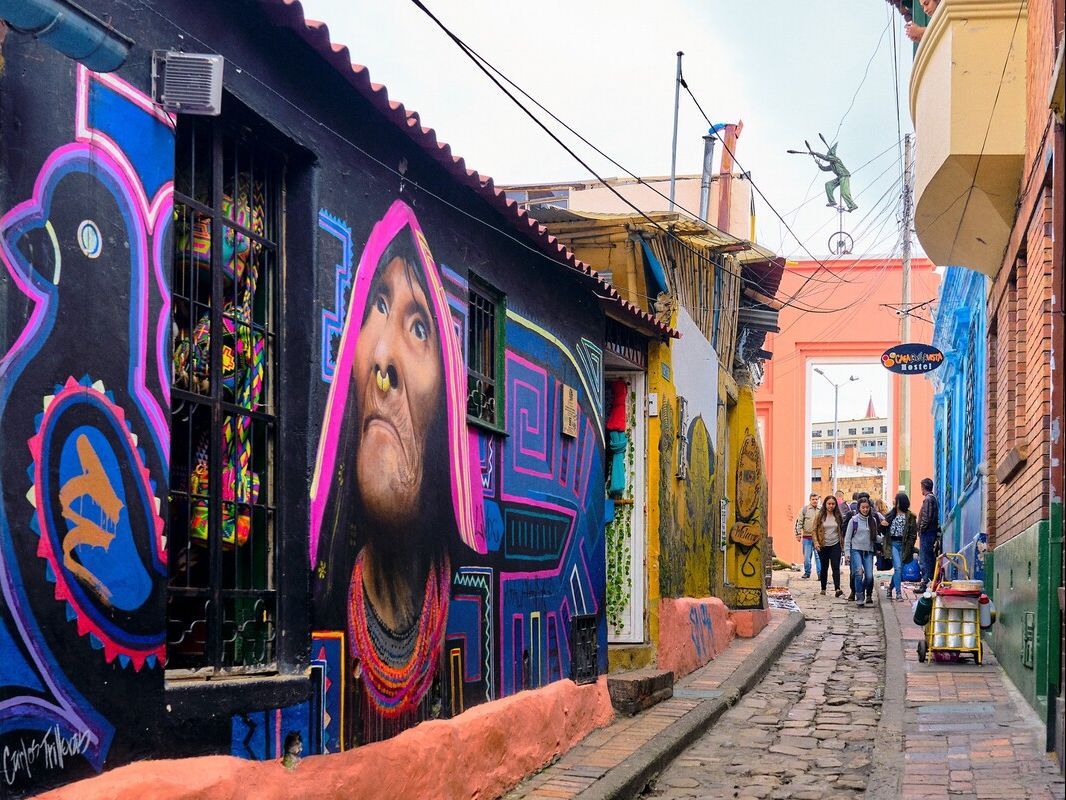|
|
|
In Latin America, the indigenous question has acquired an undeniable importance in contemporary debates regarding national identity. After centuries of invisibility and denial, indigenous peoples have stood up once more against forced assimilation and segregation. The current political and social visibility of indigenous peoples and the exaltation of the values they embody are unparalleled in the modern history of the Andean countries. Although they are still victims of different forms of violence and segregation, the multicultural turn has created a structure of legal opportunities for the mobilisation of identity. It seems that Latin American subjects are no longer ashamed, nor afraid, of calling themselves indigenous.
In a historical and social context in which the term 'indigenous' still has a negative connotation that may entail discrimination and segregation, it is somewhat disconcerting that certain populations claim that they are indigenous. My Identities article, 'Legal indigeneity: knowledge, legal discourse and the construction of indigenous identity in Colombia', focuses on how legal discourse manages the challenge that indigenous revival poses to legal categories grounded on colonial definitions of national identity. In order to do so, a historical depiction of legal cases is made, showing how legal discourse absorbs postcolonial narratives on indigenous peoples, as well as more contemporary expertise knowledge accounts of cultural difference.
Paradoxically or not, we are witnessing a redefinition movement that challenges the ethnic boundaries, and the academic and official categories, established to define national identity. From the revival of the Kankuamo in the Sierra Nevada de Santa Marta, to the constitution of a Cabildo in Bogotá, who claim to be descendants of the original Muisca inhabitants of the urban neighbourhoods in which they live today, ethnic re-emergence shows that indigenous identity is not frozen in time, nor located on natural spaces, but instead is constructed, reshaped and defended with and against the State and its Rule of Law.
Contemporary indigenous revival has facilitated a deep and problematic process of distinctions between communities that previously identified themselves as members of the same economic and social class. Peasant labour force suppliers and rural inhabitants now differentiate among themselves based on who may mobilise the past and tradition to gain legal recognition. Legally-endorsed identities come hand-in-hand with land titles and self-government. Nation state authorities, especially those of the judiciary branch, respond to the ethnicisation of rural populations by controlling claims of cultural belonging. In order to do so, in the last twenty years a legal regime has been built, case by case, for the classification of subjects based on how much indigenous identity they have and exhibit. The creation of an anthropological-legal knowledge that allows legal operators, mainly judges, to create and distinguish typologies of identities, is crucial for controlling the extent of indigenous revival, and distinguishes between those people who, despite what they say about themselves, their appearances, their dress and physical features, cannot be considered legitimate bearers of legal indigeneity. Legal discourse either affirms the existence or non-existence of indigenous people, or fails to acknowledge them. It depicts who these people are and where they live, what their traits are, and how we may distinguish them among mestizos. Legal discourse has played a fundamental role both in the control of identity claims and in the very definition of what is understood as 'indigenous' for legal and political purposes in a multicultural state. The creation of a culturalist taxonomy that classifies indigenous populations based on their degree of cultural conservation and location in natural space, as the good native safeguarding mother nature, bans other possible ways of being indigenous. Those living in cities, going to the cinema and driving a car, or those painting beautiful murals in Bogotá's downtown, probably may not be regarded as indigenous legal subjects. For them, the multicultural promise of recognition and entitlement is still to be fulfilled.
Blog post by Libardo José Ariza, Universidad de los Andes, Colombia
Read the full article: Ariza, Libardo José. Legal indigeneity: knowledge, legal discourse and the construction of indigenous identity in Colombia. Identities: Global Studies in Culture and Power. DOI: 10.1080/1070289X.2018.1543484
0 Comments
Your comment will be posted after it is approved.
Leave a Reply. |
|
Explore Identities at tandfonline.com/GIDE |
|
The views and opinions expressed on The Identities Blog are solely those of the original blog post authors, and not of the journal, Taylor & Francis Group or the University of Glasgow.

